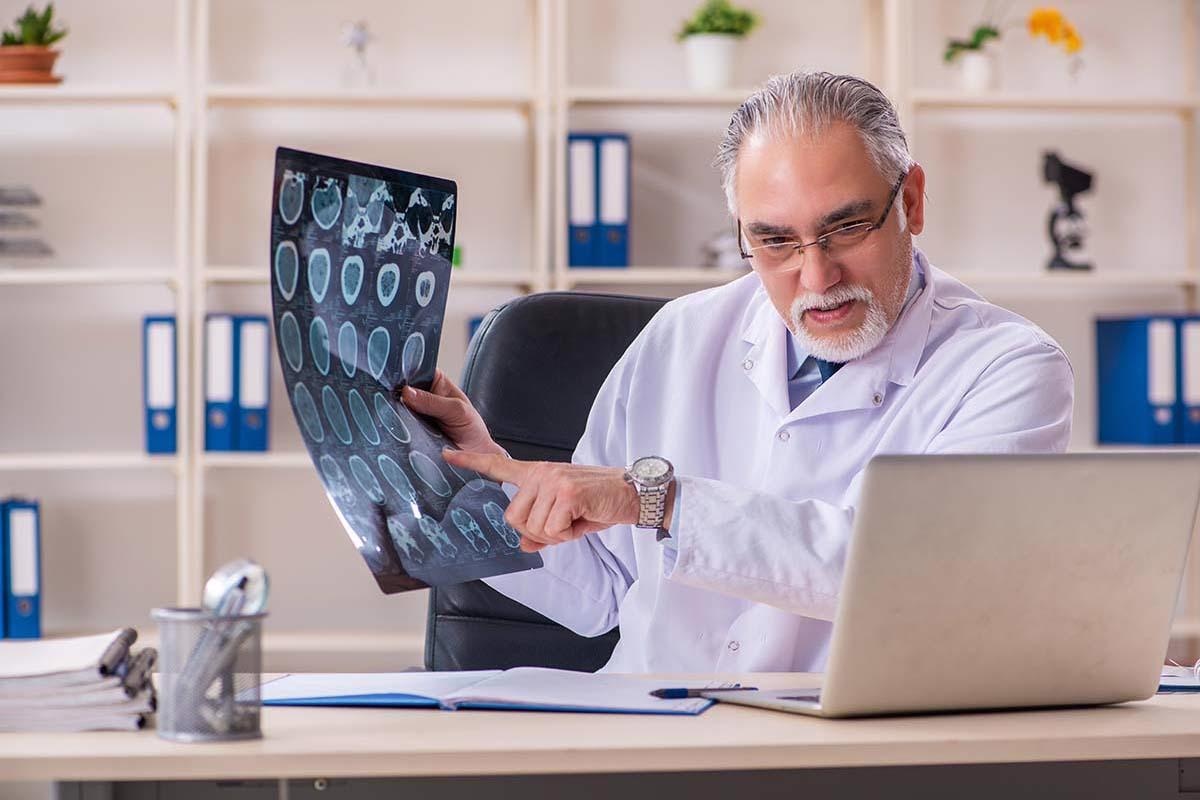Reviewed by Alex SmithOct 13 2021
The comfort of remote consultations with healthcare professionals is offered by a platform called telehealth. This is of great help to patients who live far away from their physician’s office or who might be unable to travel.
 UCF researchers are working on a new U.S. NSF-funded project to improve patient outcomes in telehealth medicine. Image Credit: Adobe Stock.
UCF researchers are working on a new U.S. NSF-funded project to improve patient outcomes in telehealth medicine. Image Credit: Adobe Stock.
Moreover, telehealth has turned out to be highly necessary during the tough times of the COVID-19 pandemic as an alternate option for in-office visits. This helps lessen crowded waiting rooms and provides additional options for patients.
But not seeing a doctor in person has its drawbacks, like a higher possibility of missing a symptom of an illness which could result in misdiagnosis, or looking for ways to perform tests, such as a blood pressure check, distantly.
This is why scientists from the University of Central Florida (UCF) are working on a new U.S. National Science Foundation-funded project to enhance patient outcomes in telehealth medicine. It makes use of artificial intelligence to refine healthcare training and diagnostic reasoning, so there is no chance of missing signs and symptoms during remote doctor visits.
For instance, artificial intelligence could be of good help for doctors to remember to check for signs that may be difficult to notice in a telehealth setting, for example, the way a person walks or holds themselves.
As part of the study, the scientists will figure out how to best implement AI and new technologies into telehealth by observing the communication of doctors and patients in telehealth settings. This comprises tracking patients’ and physicians’ biophysical responses like heart rate, eye movement and verbal and nonverbal communication, as well as recording the precision of physician diagnoses and any interruptions in the diagnostic reasoning process.
Also, the scientists will collaborate with physicians, engineers, psychologists and industry leaders in artificial intelligence to suggest what could be possible in telehealth and what could be on the horizon. This includes methods to remotely execute tests like blood pressure checks and using more AI-based immersive virtual environments.
The final aim is to make use of the data gathered from the project to offer suggestions for enhancing diagnostic reasoning in telehealth and also provide ways immersive virtual technologies could help enhance the process.
As technology advances in healthcare, it can facilitate ease of use, reduced travel time and more. But there’s also new problems that arise, including the potential for medical errors. We want to use AI to enhance the patient experience, so they get the care they need, and improve the doctor’s experience by facilitating diagnostic reasoning.
Roger Azevedo, Project Principal Investigator and Professor in School of Modeling Simulation and Training, University of Central Florida
The study co-principal investigators of the project are Varadraj Gurupur, an associate professor in UCF’s School of Global Health Management and Informatics; Mark Neider, a professor in and the associate chair of UCF’s Department of Psychology; Mindy Shoss, an associate professor in UCF’s Department of Psychology; and Dario Torre, a professor of medicine and director of Programs Assessment in UCF’s College of Medicine.
The project is scheduled to begin in January 2022.